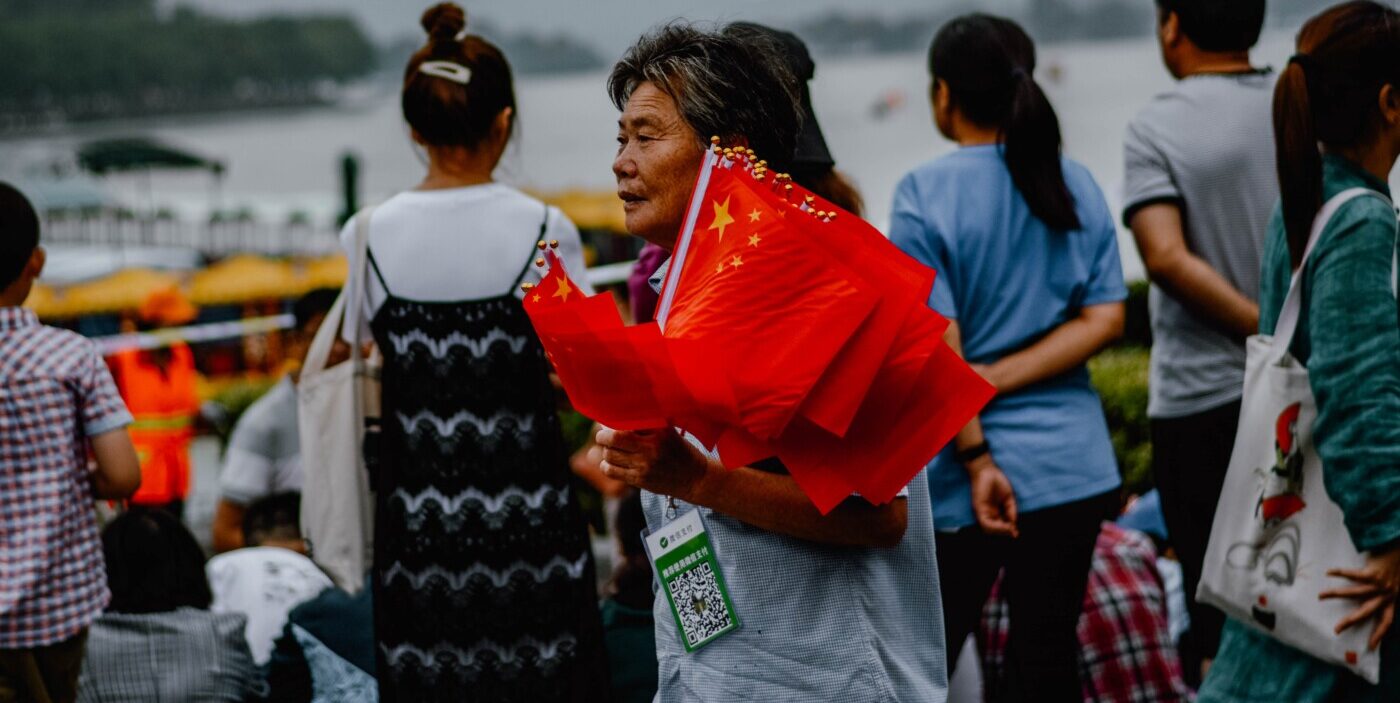Too little, too late: China responds to protests
A week after landmark protests against strict Covid controls, China has relented and lifted its most severe policies, which have been in place for over three years. Now, people with Covid-19 can isolate at home (rather than a state facility) if they have mild or no symptoms and people don’t need to show tests to access most venues. These changes show that China is moving away from a zero-Covid policy and towards ‘living with the virus’ like the rest of the world, as most countries adopted similar policies over a year ago. However, the most significant aspect of these changes is the catalyst for them: mass protests taking place in several major Chinese cities.
The Chinese government has used a variety of different means to quell protests, such as censorship, the imprisonment of activists, and coercive measures of suppression
Due to the amount of political repression in China, there are many well-known risks associated with public dissent: while one of the most infamous examples was in Tiananmen Square in 1989, these dangers have also been seen in recent years with the Hong Kong protests against extradition laws in 2019. While local, single-issue protests do happen, large-scale demonstrations that attract people from all walks of life are incredibly unusual and are often shut down before they can reach international media attention. The Chinese government has used a variety of different means to quell protests, such as censorship, the imprisonment of activists, and coercive measures of suppression. Dissent can be so dangerous that the phrase “to tolerate until the conditions become truly intolerable” is often used in Chinese.
In spite of this, thousands of people in Shanghai (China’s biggest city) took to the streets to protest the government’s zero-Covid policy and denounce the Chinese Communist Party’s rule in November 2022. It seems that the paralysing lockdowns, as well as the deadly consequences of the Urumqi fire, have pushed Chinese citizens to declare their living conditions “truly intolerable”. But what do protesters hope to achieve?
It’s unlikely that these protests will result in the president or his party being removed from power
While demonstrations have included chants like “down with the Communist Party” and “down with Xi Jinping”, it’s unlikely that these protests will result in the president or his party being removed from power. As Xi has entered his third term as president — making him the first head of his party to do so — he has shown the extreme amount of power he currently holds, and this would be difficult for civilians to change. Many student demonstrators expressed reservations about a change of regime, as it’s unclear how that would shape the future of China.
However, the zero-Covid policy being relinquished, after years of harsh policies being used to control China’s population in the name of public health, is certainly a step in the right direction. It demonstrates that the Chinese government is willing to compromise on human rights, which may not seem impressive, but is significant — China has been ranked among the top five countries in the world for human rights abuses, so any improvement is meaningful.
The sudden turnaround regarding the strict Covid-19 policies has been a surprise for both domestic and international audiences, with some Chinese citizens expressing concerns. One person wrote on social media: “Why is the change all of a sudden and so major?”
Growing waves of discontent and emotion could potentially lead to a shift in China’s political sphere
Looking at the history of protests in China, though, it seems obvious why the government has been willing to change their policies abruptly and take a more ‘Western’ approach to Covid. Large decentralised outbreaks of public dissent are unusual and, historically, have often resulted in a change in government. Growing waves of discontent and emotion could potentially lead to a shift in China’s political sphere, which would be bad news for Xi and the Chinese Communist Party — it’s likely that the decision to end the zero-Covid policy was to appease protesters and prevent any further pro-democracy movements from taking place. It will remain to be seen if Chinese citizens are satisfied with this decision or, having achieved success with their demonstrations, continue to push for their human rights to be truly recognised.
Although Chinese politics are interesting, it may seem irrelevant to those of us who live in the UK and have no connection to the country. However, China is the UK’s largest import partner and has become one of the most important economic connections for the UK since leaving the European Union. Prime Minister Rishi Sunak has also expressed his intention to move UK foreign policy away from the previous ‘values-based’ approach and instead towards economic interests. This means that the UK may grow closer to China, in spite of the ever-growing list of human rights abuses committed by the country. While the UK government has the opportunity to oppose China’s politics, through sanctions, it seems unlikely while they have something to gain.
In the meantime, the Chinese government does seem to be heading in the ‘right’ (left?) direction and the mass public dissent by citizens has had the intended effect. What happens next remains to be seen, both in China and on the international stage, but a small victory is still something to celebrate.

Comments